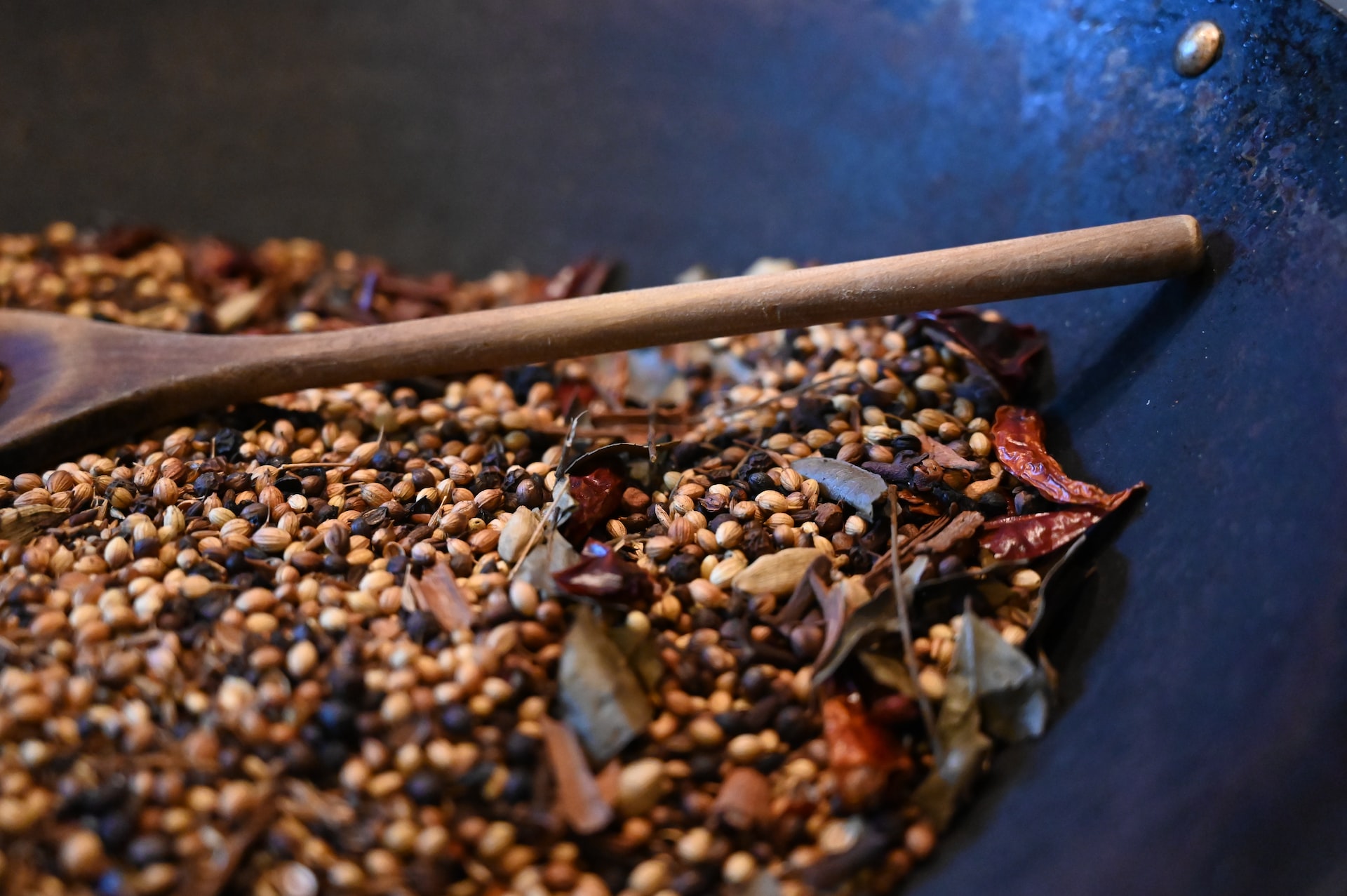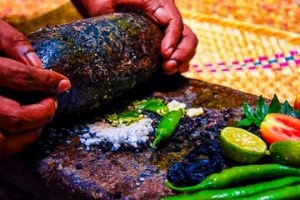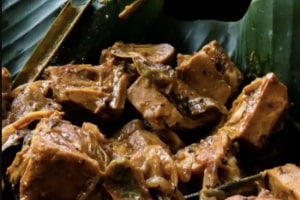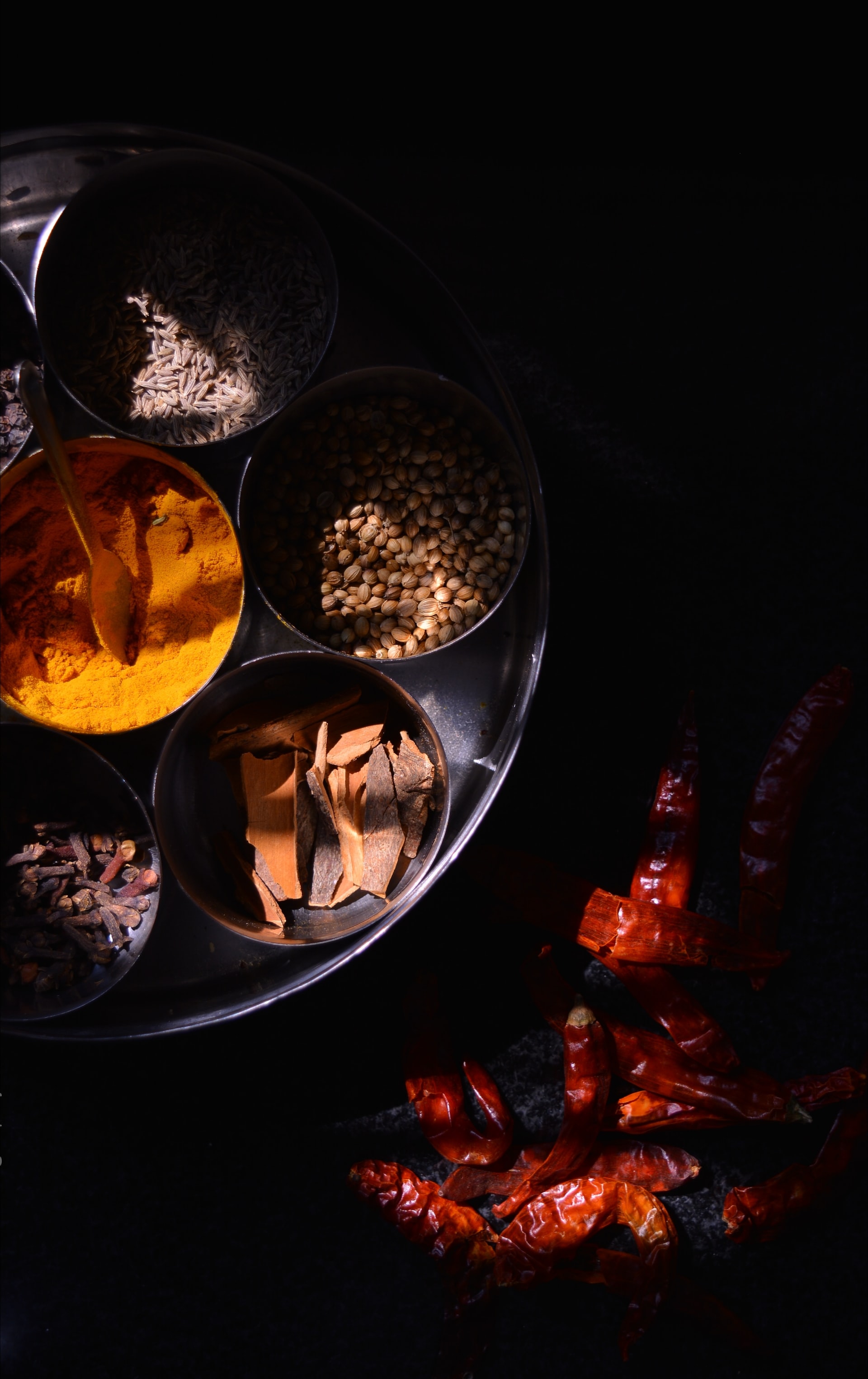The island of Ceylon and its strategic location made it a destination and transit point for traders, merchants and explorers since time immemorial. The tropical lowland climate of the isle of Ceylon empowered it to produce some of the finest spices on earth. A bounty of natural taste and flavor made Ceylon a magnet known for its precious and rare exotic spices.Oriental Spices are world renowned for their instant ability to enhance the color, fragrance and flavor of food. Used in the right combination, spices can turn the simplest of food into an aromatic and rich dining experience.
Sri Lanka has long been renowned for its spices. The best known is cinnamon which is native to Sri Lanka. Traders from all over the world came in search of fragrant and aromatic cardamom, cloves, nutmeg and cinnamon. Some of these traders settled on the island, and the recipes of their countries were introduced to Sri Lanka, resulting in a delightful blend that gives richness and diversity of indinenous cooking.
Spice and ivory traders from all over the world brought their native cuisines to the island, resulting in a rich diversity of cooking styles and techniques. In Sri Lankan cuisine, spices not only add flavor, but provide health benefits with their antioxidant properties. For example by using fenugreek, a spice with a very distinctive flavor, the appetite is said to increase. Fenugreek is also known to aid digestion, as well as alleviate excessive vata (air) and kapha (earth) conditions.
Black pepper was one of the most commonly used spices before numerous types of peppers and chillies became commonplace. Spicy black pepper curries are still to be seen on dining tables across the island. Today the cuisine is highlighted by a liberal use of different variteis of ranging hot chillies such as amu miris, kochchi miris, rathu miris and maalu miris (capsicum).







